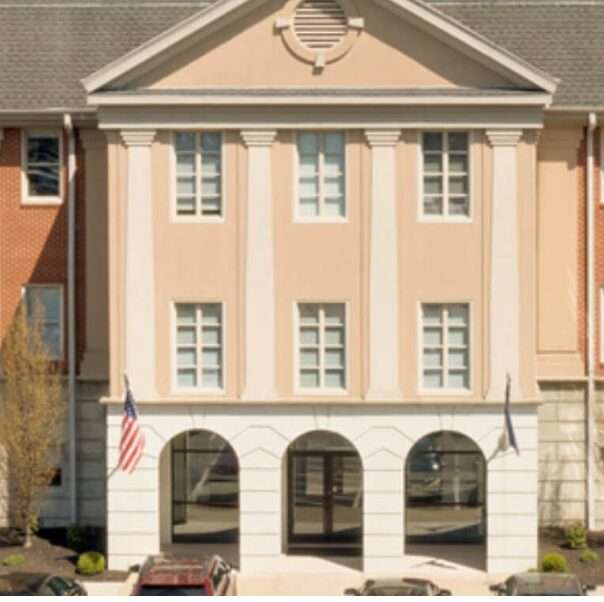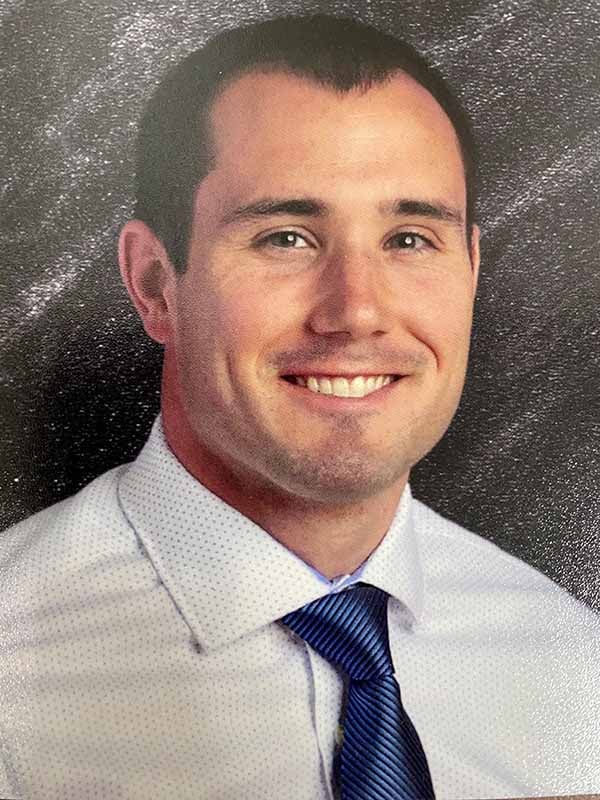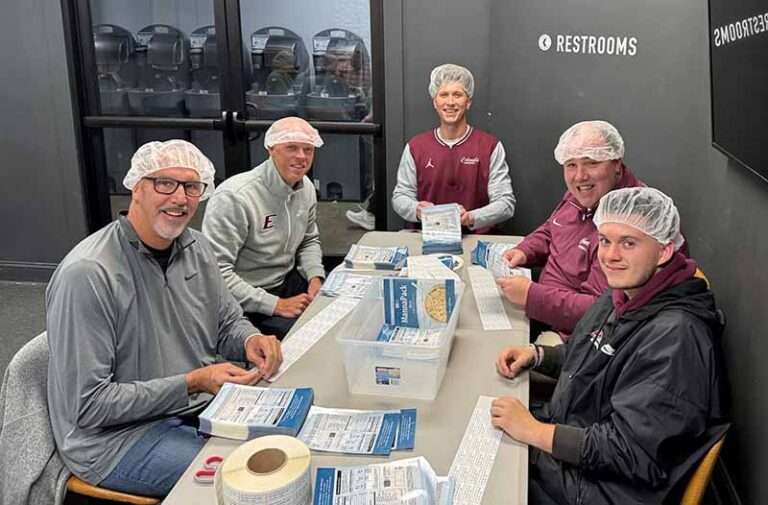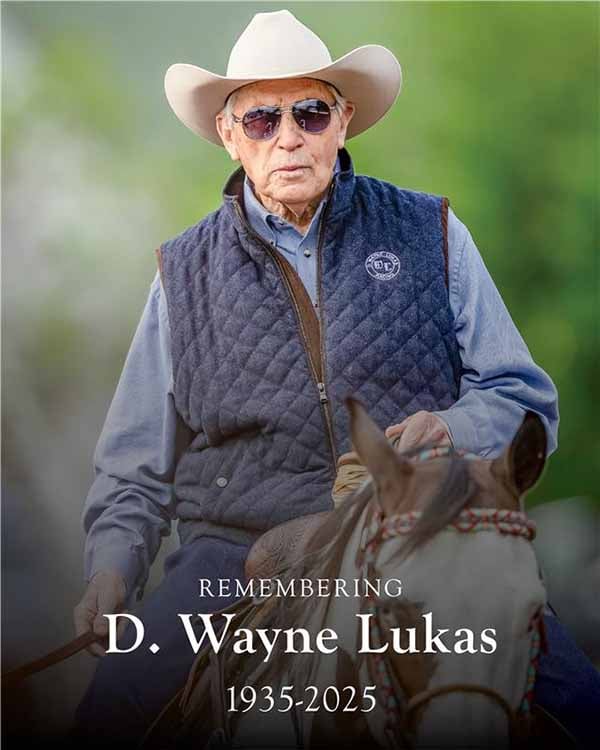By Steve Flairty
NKyTribune columnist
Reading seems to be a way of life for me, especially books about Kentucky or by Kentucky authors. Witness my personal library collection of over a thousand of the same. And every few months, I pick up a pile of mostly new ones to read and review. Without having read them in entirety, allow me to share these most recent additions, along with a brief synopsis of each gathered from a quick look.
Perfect Day Kentucky: Day Trips, Weekend Getaways, and Other Escapes (Reedy Press, 2024), after a cursory glance, seems to deliver on the title promise. Northern Kentuckian Kathryn Witt supplies 180 pages of what day trippers around the state, like me, love.
For whiskey connoisseurs, there’s Warehouse H: The Story of Blanton’s Bourbon: America’s Most Influential Whiskey (Boyle & Dalton, 2024), by Dominic Guglielmi. Launched in 1984 and based in Frankfort, Blanton’s Bourbon is known for being “bottled one barrel at a time.” Guglielmi is billed “one of the most prolific and knowledgeable collector’s Blanton’s bourbon… (and) has amassed a nearly unrivaled collection of known Blanton’s releases.” The book has 260 pages with a generous bundle of color photographs.
Meade County author Gerald W. Fischer has released another of his patented American Civil War history books, this one called Guerrilla Warfare in Civil War Kentucky: Volume II, Legacy of the Irregulars (Acclaim, 2024). Fischer’s offering, notes author/historian James M. Prichard, “provides in-depth research into the backgrounds of the participants in Kentucky’s own ‘Inside War,’ and illustrates the suffering that Kentuckians on both sides endured when bands of armed marauders stalked the land.”
Fischer was once interviewed on the History Channel’s “Unearthing America” and is a sought-after speaker on archaeological topics, along with being a contributor to various periodicals around Kentucky.
One of the state’s most noted native sons in the field of human rights law, Stephen B. Bright, offers a serious product of his distinguished career, The Fear of Too Much Justice: Race, Poverty, and The Persistence of Inequality in the Criminal Courts (The New Press, 2023). Bright, who grew up in the Danville area, is praised by Bryan Stevenson in the book’s foreword:
An urgently needed analysis of our collective failure to confront and overcome racial bias and bigotry, the abuse of power, and the multiple ways in which the death penalty’s profound unfairness requires its abolition.
The 368-page expose is co-written with Bright by James Kwak, who, like Bright, served in leadership at the Southern Center for Human Rights.
Moneymaker is Lexington author Josh Boldt’s third novel. Set in 1997, Mack Abbott has just gotten out of the Navy and is doing freelance surveillance work in Atlanta. Things become dangerous when he becomes involved in fighting drug smugglers with the aid of a local exotic dancer.
Boldt previously published The False Favorite and Slurry. All his books are of the crime fiction, Southern-style kind.

With the recent buzz about Kentucky’s Governor Andy Beshear being a possible vice-presidential running mate, it spurred me to find out what other Kentuckians of the past actually held that title. I found four.
Richard M. Johnson served as Martin Van Buren’s vice-president from 1837 to 1841. Johnson was born in Beargrass, Virginia, now Louisville, Kentucky, in 1780. He also served terms in the U.S. House and Senate from the state of Kentucky. His time as the U.S. vice-president was generally considered to be uneventful.
From 1893 to 1897, Adlai Stevenson I, born in Christian County, Kentucky, was Grover Cleveland’s vice-president. He was the paternal grandfather of Adlai Stevenson II, who twice ran and lost for president against opponent Dwight Eisenhower.
Born in Lexington, John C. Breckinridge was America’s vice-president in the administration of James Buchanan from 1857 to 1861. At the time, he was the youngest ever holding that office.

Breckinridge also served as a representative and senator in the U.S. Congress. Ironically, he later became a Confederate officer in the American Civil War and the Confederacy’s secretary of war.
By far the most noted of Kentucky’s vice-presidents, Alben Barkley, was born in the tiny community of Lowes, in Graves County. Harry S. Truman’s vice-president from 1949 to 1953, he had a long and storied career in politics and was well-regarded nationally. Before his term with Truman, Barkley gained recognition as one of the chief architects of the New Deal.
Barkley’s death was both sad and dramatic. Giving a speech at Washington and Lee University on April 30, 1956, he had just uttered the words “I would rather be a servant in the House of the Lord than to sit in the seats of the mighty.” There was thunderous applause, but he soon collapsed, dying of a heart attack. He was 78.
Four Kentucky vice-presidents… will there be another? We should know by the time this column appears.





















Absolutely riveting, Steve. Not surprisingly, either.